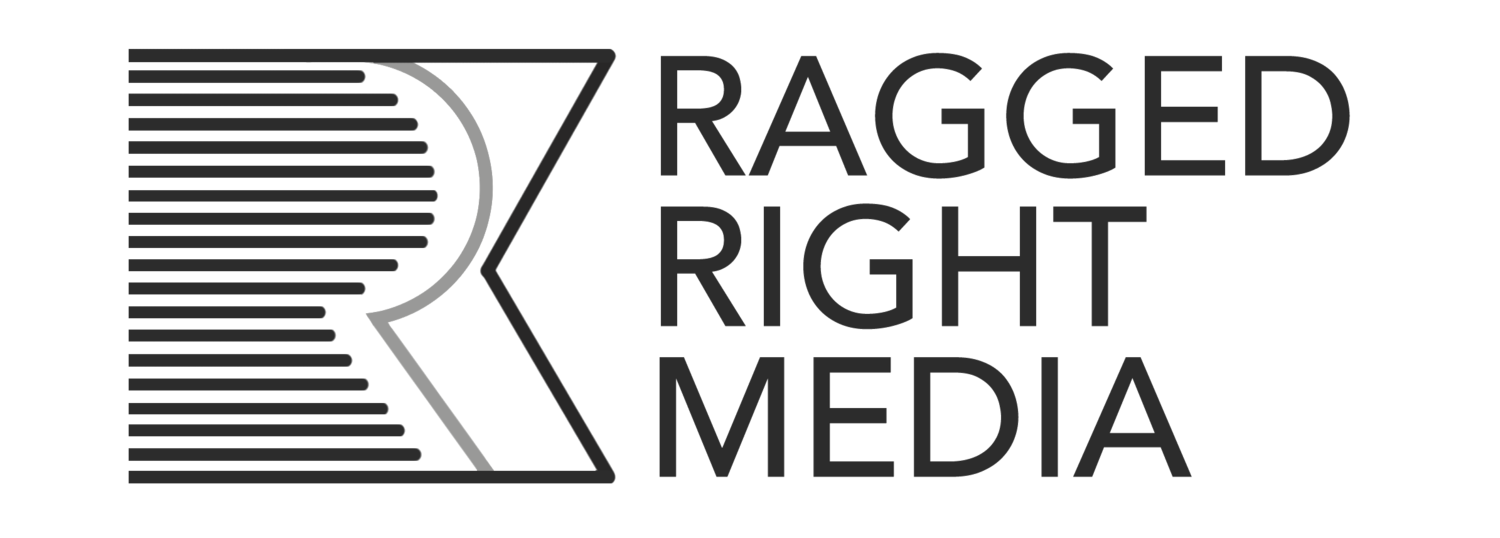In the last month, I’ve sold zero books. Zip. Zilch.
To be fair to myself, I fully expected to sell zero books. I was running no promotions, not even through Amazon, and had no paid advertising in flight.
[Ahem - To further be fair, when I do these things above, I do sell books. Thanks everyone who has bought a copy!]
After attending Book Expo America (BEA) and listening to publishers, authors, and experts at the book industry’s largest event, I’ve come to the conclusion I’m not the only who didn’t sell a book in the last month. No one, or at least most authors – whether published by a big or small press or independent – is selling squat.
A Pyramid Built On…
After three days of BEA, I came to see the book industry as looking something like this.
There are hundreds of thousands, probably millions, of authors at the bottom selling nothing, or the metaphorical equivalent of nothing. Let’s estimate under 5 books a month. This is most people.
Go a rung higher, you’ll run into the anomalies. Folks that might have a few books and a solid number of reviews, but they’re no bestselling authors. They’re chugging along at maybe 100 books a month (pretty nice, right?).
At the top, you have your bestsellers. ’Nuff said.
Explain Yourself
It’s a safe assumption books don’t sell in a meaningful way without promotion or a history of media coverage – unless you’ve SEOed the heck out of your book description (probably not possible).
Going off that assumption, most publishers, big and small, and indie authors, actively promote a new book leading up to launch and shortly after. After that, nothing, unless you strike gold (more on that later). Either you run out of budget or can’t justify the ROI of spending more. So, you stop.
Nothing I heard at BEA contradicted the paradigm above.
- Every promotional case study publishers and publicists shared lasted only a couple months, and ended there if the book didn’t strike gold.
- Multiple publishers talked about how many books they put out that don’t sell and justify the cost (but they do it as a gamble on something or someone great).
- Writers talked about the nonexistent royalties from publishers after promotion has stopped (one example was a notable author selling just 23 books a year).
I’m not writing about this because I disagree with how the industry operates. Rather, I’m trying to (hopefully) better illuminate the reality that if you’re not selling books, worry not, because your author buddies probably aren’t either.
Unless You Strike Gold
So, you have a lot of authors and publishers selling not a lot of books. How does the industry survive? Well, the same way as anyone: strike gold.
Bestsellers keep publishers in business and make it possible for them to gamble on unproven authors. A bestselling book can skyrocket an author into the public conscious. It can also make it infinitely easier for authors to market every future book as well as drive sales of their suddenly (aka always) amazing back catalogue of books.
Yet what does a writer do in the meantime since you truly cannot predict a bestseller?
You just keep writing – because the one could be your ninth or 11th book (as some bestsellers at BEA put it). Or it could be never.
That’s why, ultimately, you write because you love it. You promote your work to give it a chance to find an audience and recreate the joy you felt as a writer in others as readers. That’s what striking gold really means.
-Christopher Brooks is the author of The Gertrude Threshold: A Novella, which is published by Ragged Right Media and available on Amazon starting at $0.99.

